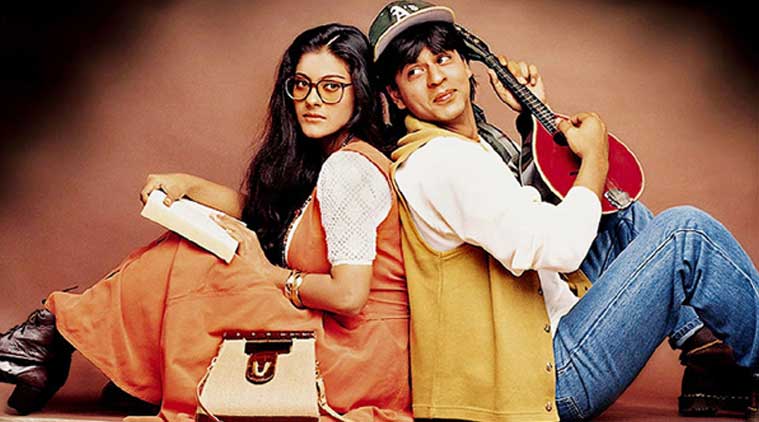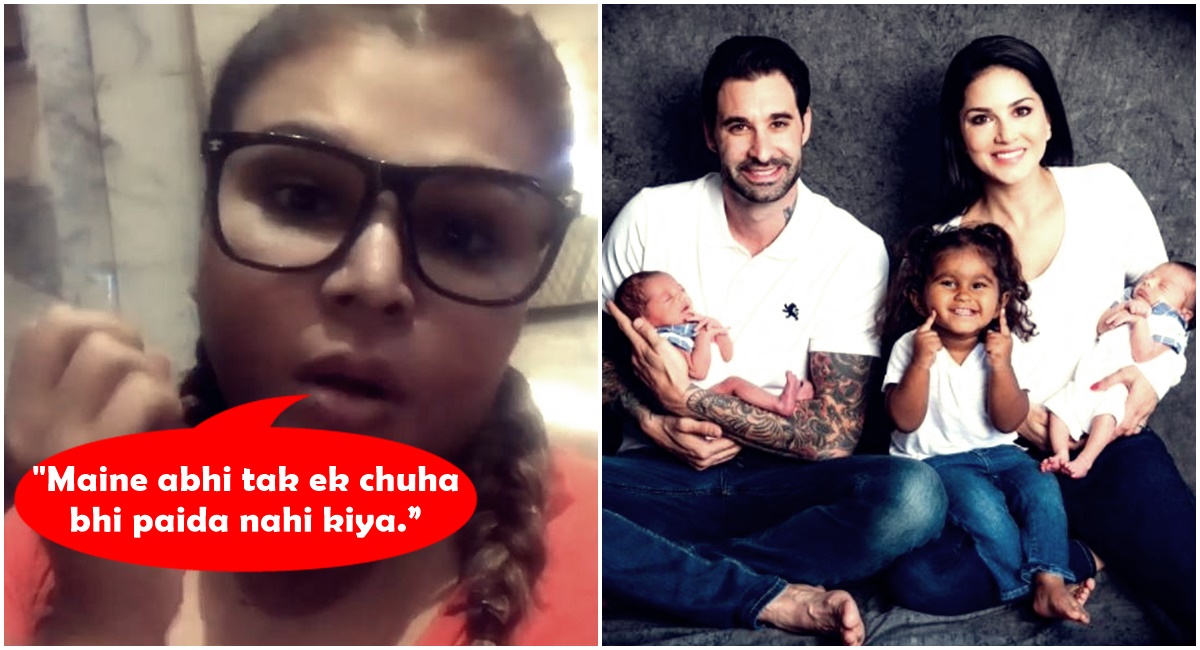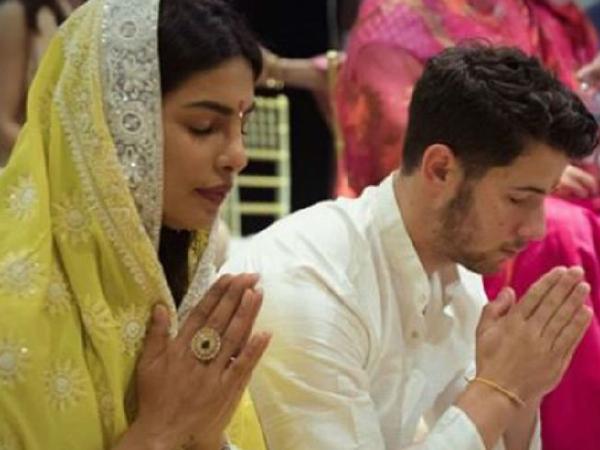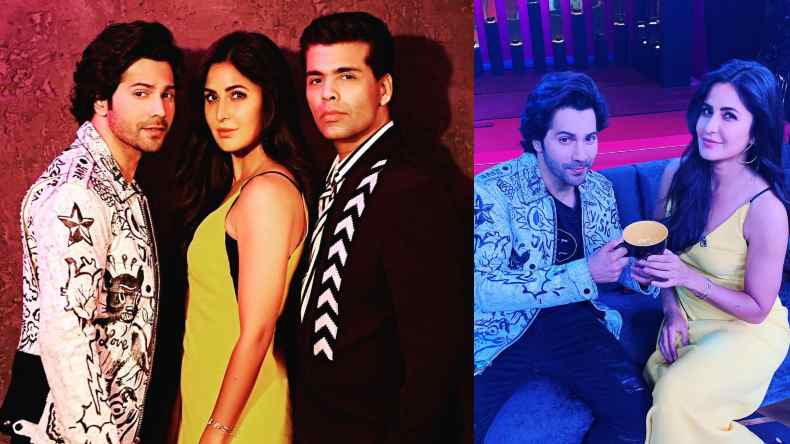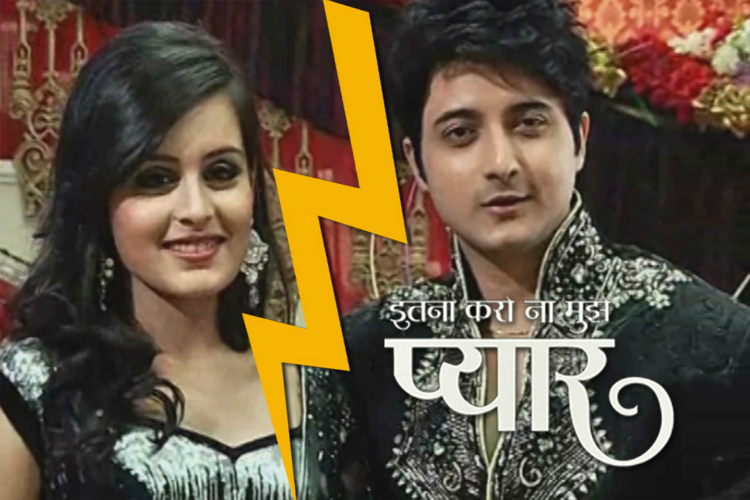Salman Khan acquitted of all charges in hit-and-run case
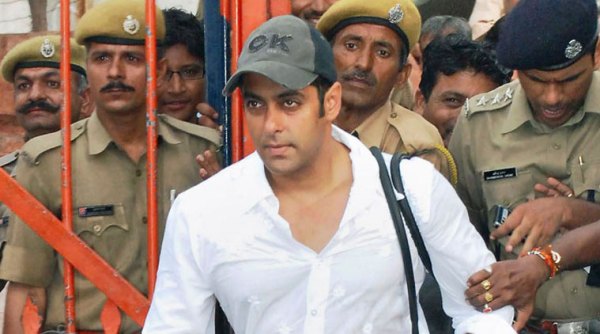
Salman Khan acquitted of all charges in hit-and-run case
little over 13 years after Salman Khan’s late night drive home turned fatal for a labourer sleeping on a sidewalk in Bandra, the Bombay high court on Thursday acquitted the Bollywood actor of all criminal charges that he had been held guilty of by a trial court in May.
The prosecution had not established its case against the actor beyond a reasonable doubt as is required under criminal law, the Bombay high court concluded, as it narrated the many “unexplained and glaring anomalies” in the evidence.
Khan had filed an appeal in the HC against the May 6 conviction by a Mumbai sessions court for culpable homicide not amounting to murder and a five-year sentence given as punishment. The Bombay HC granted him bail on that same day and the actor, who’s out on bail, was called to court for the pronouncement. On Thursday, the actor who is shooting for the upcoming film Sultan appeared in court before Justice A R Joshi who concluded and pronounced the judgment on the appeal. Khan’s sister Alvira was in court too.
The HC had begun its judgment dictation on Monday, seven months after the guilty verdict and “harsh” sentence had left the actor stunned.
The case is one where a labourer died and four other people were injured when the actor’s four-wheeled Land Cruiser rammed into a Bandra laundry and bakery in the wee hours of September 28, 2002.
Justice Joshi said “this court has come to conclusion that the prosecution has failed to bring material on record to establish beyond reasonable doubt that the appellant (Salman Khan) was driving and under the influence of alcohol, also, whether the accident occurred due to bursting (of tyre) prior to the incident or tyre burst after the incident….”
The judge also observed that Khan’s former — now deceased — police body guard, the first informant in the 2002 case against the actor, who was in the vehicle and was the crucial witness on whose testimony and “improved statement” about “Salman’s speeding” the prosecution had rested its case, was “not a wholly reliable witness”.
Justice Joshi in his day-long dictations in open court analysed the evidence of several witnesses including the four injured and another person who said road work was going on during the accident, observed how some of it “probablised the defence theory” of there being four persons in the vehicle, not three as the prosecution said and of Salman not being drunk, of the tyre having burst before the crash, of the left front door being jammed, of him not being in the driver’s seat.
The judge said the testimony of the injured, who had, “after 12 years” said that he had seen the actor fall down twice before running away, to suggest drunkenness, has several “omissions” and examined and analysed them “in juxtaposition with other evidence such as the FIR and his police body guard Patil’s statement which did not mention alcohol.”
Patil had in his FIR only said Salman was speeding and had disobeyed his (Patil’s) request to slow down.
The HC essentially analysed the evidence that was before the trial court to see whether the trial judge was right in holding him guilty of culpable homicide not amounting to murder, a serious offence that requires the offender to have knowledge that his actions—such as driving drunk—would result in the death of a human.
Justice Joshi said, “evidence will be analysed in detail to ascertain whether prosecution has attained that standard of proof which is required to be established especially to prove the charge of s 304-II of the Indian Penal Code (culpable homicide not amounting to murder).”
The chief public prosecutor in the high court, Sandeep Shinde, said the judge has raised three issues to be looked at: “Whether Salman Khan was driving, and whether he was drunk or whether it was a ‘pure and simple’ accident.” Senior counsel for the actor, Amit Desai, argued that “the investigating agency was bent on collecting evidence to establish the charges of drunkenness and driving.” And that the testimony of witnesses was “fabricated to suit the prosecution case of consumption of alcohol.”
From recording that the victim who died was found beneath the vehicle and whether it was because of vehicle running over him or falling from a crane, to how Desai “vehemently assailed the crucial evidence of an injured witness who said Salman fell down twice after getting out of the car, with citations to show that gaps in testimony cannot be treated as ‘minor omissions or contradictions if they go to the root of the matter’ and necessarily deserve to be rejected, given that the charge is of a serious nature. “Patil can’t be considered wholly reliable. For various anomalies that were brought on record,” in the evidence held the judge.
The HC said it had “come to the conclusion of erroneous application of section 33 of Evidence Act.” On Wednesday, citing the law on evidence, the HC observed that a proviso to the Evidence Act was not complied before accepting the evidence.
Patil’s evidence recorded before the magistrate had said that he had told Salman Khan to slow down but he didn’t listen to him. Patil died in 2007, well before the case was tried afresh on higher charges of culpable homicide not amounting to murder under the Indian Penal Code, as opposed to the lesser charge of rash and negligent driving which was being tried before the magistrate in Bandra until 2011. Patil’s evidence is crucial, said the judge, since the prosecution case primarily rests on his evidence. Otherwise it’s the evidence of injured victims and Rain Bar staff that the prosecution was relying on, to prove its case that Salman was driving drunk.
The court analysed an alternative scenario that if Patil’s statements and evidence is to be accepted does it establish the prosecution case beyond reasonable doubt.
Since he said Patil “was not a wholly reliable witness,” there needed to be corroboration of evidence. The judge analysed the evidence of Ashok Singh, the driver, who said he was driving that night and that the tyre had burst before the incident, and held that he was not a “belated witness” as was the impression created by the prosecution and the media. The trial court had discarded Singh as a “got up witness” but the HC said in criminal law it is the duty of the prosecution to establish its case completely and the onus is not on the defence to prove he didn’t do it.

